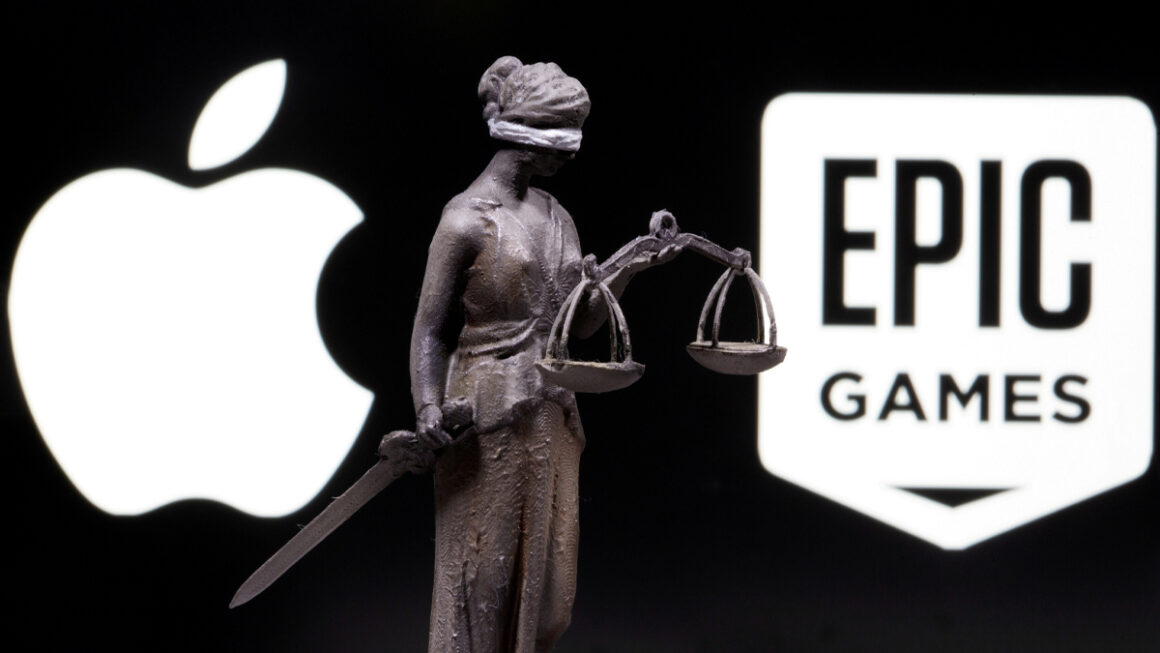The opinion issued today by the U.S. Ninth Circuit Court of Appeals indicates that Apple has prevailed in its antitrust-focused appeals court battle with Fortnite developer Epic Games over its App Store policies.
The court primarily upheld the district court’s earlier decision regarding Epic Games’ antitrust claims against Apple, but it also upheld the lower court’s judgement in Epic’s favor under California’s Unfair Competition Law.
In its appeal, the company that makes mobile games wanted to show that Apple had broken the law by limiting app distribution on iOS devices to Apple’s App Store, which required payments to go through Apple’s own processor and stopped developers from telling customers about other ways to pay.
Apple said:
Today’s decision reaffirms Apple’s resounding victory in this case, with nine of ten claims having been decided in Apple’s favor. For the second time in two years, a federal court has ruled that Apple abides by antitrust laws at the state and federal levels. The App Store continues to promote competition, drive innovation, and expand opportunity, and we’re proud of its profound contributions to both users and developers around the world. We respectfully disagree with the court’s ruling on the one remaining claim under state law and are considering further review.
Epic Games and other companies were hoping the decision will expose iOS devices to third-party app stores and payment methods.
Epic first sued Apple in 2020, after Apple took Fortnite off the App Store because Epic broke the App Store’s rules about in-app payments on purpose. Even though Apple won most of the case when the judge said Apple wasn’t acting like a monopolist, the court sided with the company that makes Fortnite when it came to Apple’s policies on in-app purchases and anti-steering. It said that Apple could no longer stop developers from telling people about other ways to pay.
Apple and Epic both appealed the decision, Apple over the required adjustments to App Store policies regarding external links and Epic to retry its antitrust case.
The panel of the appeals court affirmed the district court’s denial of antitrust liability and rejection of Epic’s illegality defense to Apple’s breach of contract counterclaim in its ruling issued today.
The court also observed that the district court erred in defining the relevant antitrust market and in concluding that Apple’s DPLA (Developer Program Licensing Agreement) was not covered by the Sherman Act.
Apple stated that these errors were ultimately “failed to establish, as a factual matter, its proposed market definition and the existence of any substantially less restrictive alternative means for Apple to accomplish the procompetitive justifications supporting iOS’s walled- garden ecosystem.”
“The district court did not clearly err in finding that Epic was injured, err as a matter of law when applying California’s flexible liability standards, or abuse its discretion when fashioning equitable relief,” the ruling stated.
In another good thing for Apple, the appeals court said that the district court made a mistake when it said that Apple didn’t deserve attorney fees for the DPLA breach of contract claims.
When asked for a response, Epic Games pointed to a tweet with a statement from its founder and CEO, Tim Sweeney.
The post Apple wins its trade court case with Epic Games appeared first on NFT News Pro.
